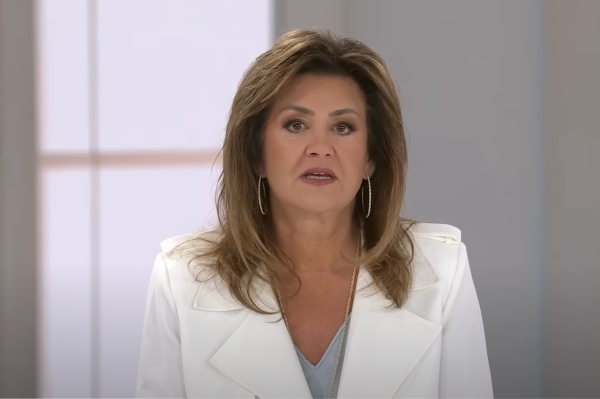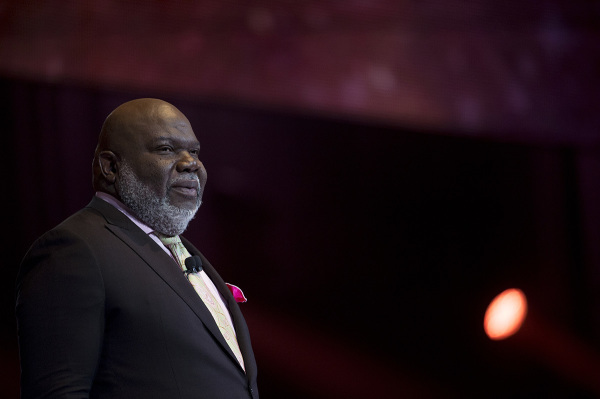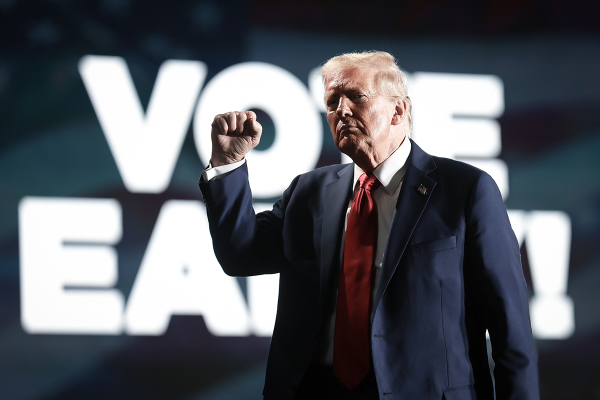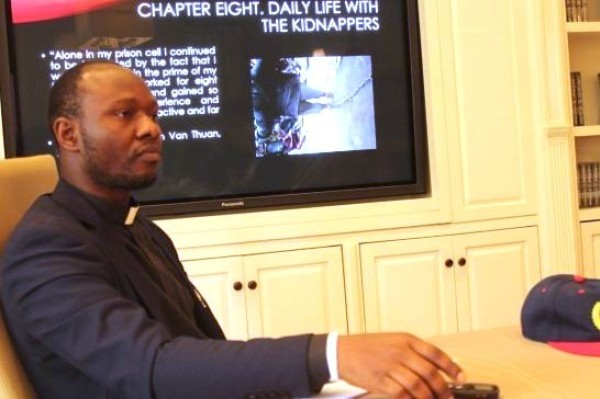Hundreds to Mark 50 Years of Christian Unity, Discuss Future of Ecumenism
Nearly 400 Christians from a score of Christian denominations will convene Thursday to assess the 50 years of Christian unity they have lived and the future of the ecumenical movement.
Theologians and religious leaders from the Roman Catholic, Pentecostal, Orthodox, Protestant, Evangelical and other Christian communities are holding a July 19-23 ecumenical conference at Oberlin College in Ohio, where they will gather under the banner "On Being Christian Together."
The meeting marks the 50th anniversary of the first gathering of the Faith and Order Commission of the National Council of Churches of Christ in the USA (NCC) – a network of 35 various faith groups that constitute 45 million members across the nation – and will celebrate the work of Christian communities that have made efforts to strengthen the unity of the Church through dialogue and research on theological differences.
The Faith and Order Commission was established to affirm the oneness of the Church of Jesus Christ and keep to the Gospel call to visible unity.
Over the past half century, the Commission has invited new dialogue partners who were "secure enough in their tradition that they could engage controversial issues constructively – that would not feel like they were continually in a position of defending their right to be heard," said Susan E. Davies, co-chair of the Faith and Order Commission.
The commission has also begun to engage questions that addresses the concerns of a wider range of traditions, including a focus on AIDS as well as racism.
"We were taking situations or concerns that were typically on the margins of theological discourse and putting them in the center to observe what church division looked like from that perspective," said Davies. "Neither of these issues were generally regarded as part of the 'traditional' Faith and Order agenda."
The ecumenical conference comes just as the Vatican released a statement on Tuesday that asserted the Roman Catholic Church as the "one true Church" while all non-Catholic churches are simply "ecclesial communities."
Some Protestant groups expressed disappointment in the document, approved by Pope Benedict XVI, and questioned the seriousness with which the Roman Catholic Church takes its dialogues with other families of the church, according to a letter by the Rev. Dr. Setri Nyomi of the World Alliance of Reformed Churches (WARC).
However, the Rev. Mark S. Hanson, presiding bishop of Evangelical Lutheran Church in America, which is in ongoing dialogue with the Roman Catholic Church, urged Lutherans not to pull back from their own personal commitments to ecumenism.
Moreover, NCC's associate general secretary for Faith and Order, Dr. Ann Riggs, said the Vatican statement affords them "an opportunity for more dialogue and more insight."
This week's ecumenical conference celebrates 50 years since the first gathering at Oberlin that began the process of the Roman Catholic Church's entrance into the modern ecumenical movement.
Participants at the conference will consider where Faith and Order has been, its current gifts and the future of ecumenism in the 21st century.
The meeting will also approach theological differences that continue to divide communions and traditions in dialogue of mutual discovery and discussion.






















